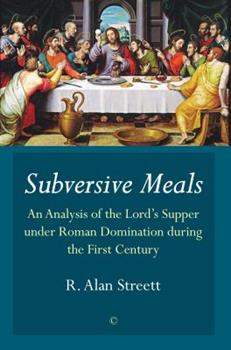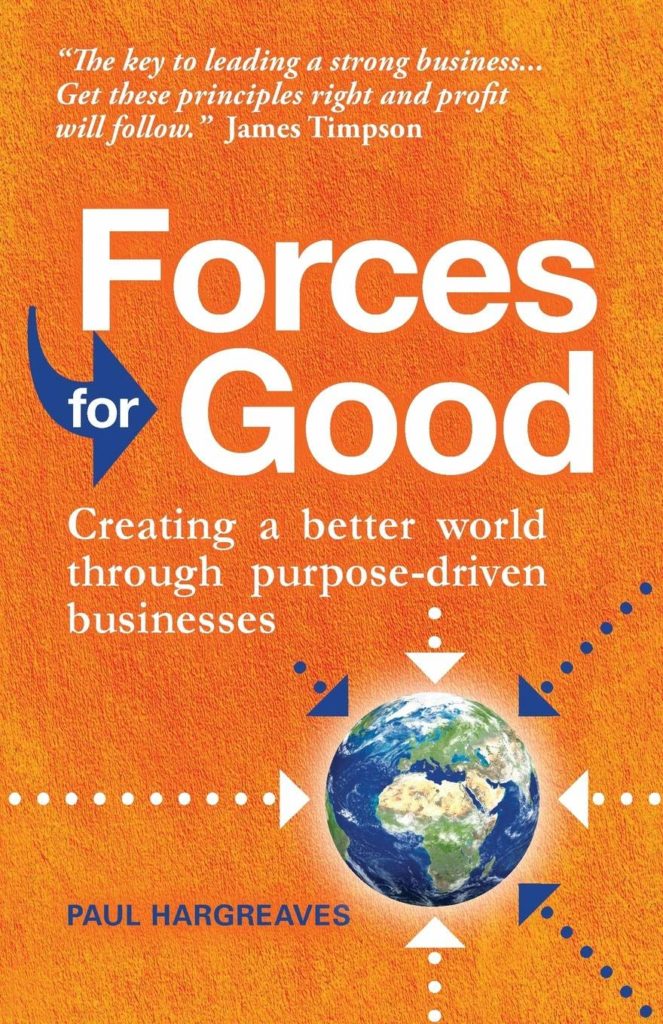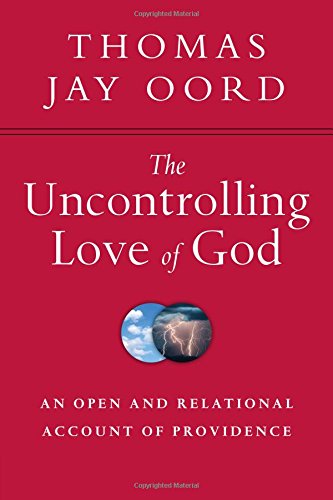I had a note yesterday about a new book that will be out in May by Greg Boyd & M. Scott Boren (no relation!) entitled ‘God looks like Jesus’. The back cover apparently has a brief summary as follows:

In the past several decades, a grassroots global movement has people rediscovering a Jesus-looking God who is raising up a Jesus-looking people to transform the world in a unique, Jesus kind of way.
The three elements are so succinct and I wish I had come up with them:
- A Jesus-looking God
I think so many of us have a sneaky suspicion that parts of God looks like Jesus, but there are some ‘tough’ parts that Jesus did not show us… and even in one movement that crept into the charismatic world and also the Reformed world was that such instructions as we find in the Sermon on the Mount to ‘turn the other cheek’ are only temporary instructions for the day will come, in the future… and because the movement was post-millennial, in this age when that instruction will not apply. Far from turning the other cheek we will be the ones admonishing people and we will be the ones who ‘strike them on the cheek’!!
But God is like Jesus – the fullness of deity dwelt in Jesus, to see Jesus is to see the Father. The cross becomes the meeting point for humanity and deity precisely because the life offered there was none other than truly the God and the human life. The cross is not the appeasement of wrath / payment but the point of reconciliation – as I have oft quoted ‘God was in Christ reconciling the world to himself’.
God did not send Jesus into the world to condemn the world; the ‘delay’ in the parousia is so that none might perish (we have to allow that to modify any exclusivist view that only those like me will be saved!).
- A Jesus-looking people
Oh… this is the challenge. Orthodoxy has reigned supreme – do I believe the right things; orthopraxy has been left aside – my actions, my responses. Or when I have acted it has flowed from what I believe rather than seeing the person. That is why a percentage of ‘evangelism’ is not ‘good newsing’ it but approaching others as others and inferior. which leads to:
- A Jesus kind of way
I am convinced at the centre of the good news is that through the crucified one the transformation of all creation is announced. But a Jesus kind of way. Recently I had some dialogue around The Lord of the Rings and the character Borrowmier who had a goodish heart and motivation but wanted the ring to bless others. To use power for good! That one cuts deep and I have been convinced for the past couple of years that this is where the Spirit is drilling deep among us.
The Jesus way. I am still working my way through on the legitimacy of using power (I think primarily of political and economic, but also need to include gender, class and race) for good. Jesus’ kingdom was not of this world… a Jesus kind of way.
The three points from the book are where it is at. We have to move on from views of God that owe more to pagan philosophy (the unmoved mover, omnipotence, omniscience etc) to the Jesus-lens. We have to become guilty of resembling Jesus – would my neighbours ‘accuse’ me of that? BTW – that was one of the Pauline requirements for leadership among the people of faith! And cleansed of ‘we have the power’.
I hope the book is good… for sure the agenda of the above three points remain, have always been in the foundations but are being examined in this season by the Holy Spirit.



 We have just picked up this book again as I have been away in the UK… and of course cannot possibly read without Gayle! This is our current reading and we began Chapter 3 yesterday. I will probably not post on each chapter of the book, but the section was so hard hitting that I have to reflect back. The first part of that chapter was on crucifixion in the ancient world, and how Rome used it to make a point of showing ‘subject peoples who was in charge and to break the spirit of any resistance.’
We have just picked up this book again as I have been away in the UK… and of course cannot possibly read without Gayle! This is our current reading and we began Chapter 3 yesterday. I will probably not post on each chapter of the book, but the section was so hard hitting that I have to reflect back. The first part of that chapter was on crucifixion in the ancient world, and how Rome used it to make a point of showing ‘subject peoples who was in charge and to break the spirit of any resistance.’ Not everyone enjoys what I enjoy, but read this book and of course you will love it! Oord is one of the leading ‘relational theologians’ and this is the first book of his I have read. It is well written and easy to read – I read it right through in a few hours. I have been heavily influenced by Open Theology, ever since having a connection with YWAM and the teaching of Gordon Olson, then the works of Clark Pinnock and Greg Boyd (and… and…), and of course the main sticking point for those who come in the opposite direction is that of ‘but God has absolute foreknowledge of all things’.
Not everyone enjoys what I enjoy, but read this book and of course you will love it! Oord is one of the leading ‘relational theologians’ and this is the first book of his I have read. It is well written and easy to read – I read it right through in a few hours. I have been heavily influenced by Open Theology, ever since having a connection with YWAM and the teaching of Gordon Olson, then the works of Clark Pinnock and Greg Boyd (and… and…), and of course the main sticking point for those who come in the opposite direction is that of ‘but God has absolute foreknowledge of all things’.